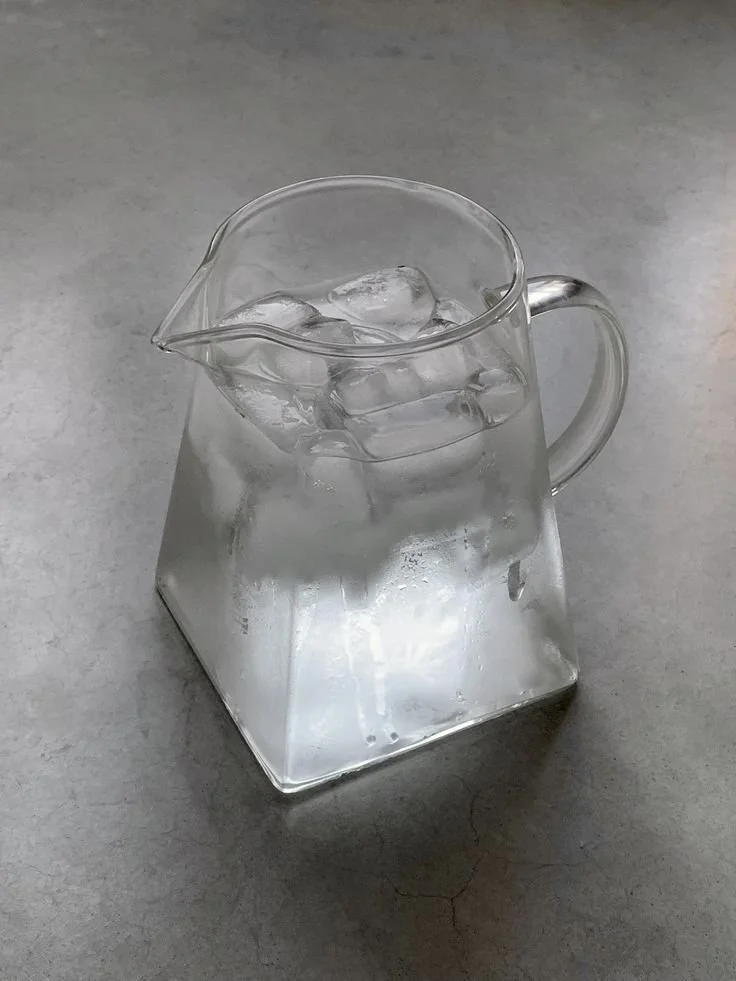Is it Time to Stop Drinking? Tips To Help You Stop An Addiction
Alcohol dependence and addiction are prevalent and harmful substance abuse disorders, affecting millions of individuals globally. This widespread impact is partly attributed to the common perception that alcohol, when consumed in moderation, is relatively innocuous, leading many to underestimate its potential long-term effects on physical health and mental well-being.
Depending on your country of residence, regulations allow for the legal consumption and purchase of alcohol at specific ages. In the United States, the minimum age for buying and drinking alcohol is 21, whereas in numerous other nations, individuals can partake in alcoholic beverages at the age of 18. Despite alcohol's classification as an addictive substance capable of altering behavior, the moderate consumption of a drink or two typically yields minimal impact for the majority of individuals.
However, due to the ubiquitous availability of alcohol and its widespread societal acceptance, individuals may easily find themselves falling into patterns of alcohol misuse, potentially leading to the development of a drinking disorder. Often, the progression toward this condition may go unnoticed until significant repercussions begin to manifest in an individual's life.
In this informative article, we will delve into three essential considerations to keep in mind when addressing addiction. We aim to provide you with valuable insights and guidance to assist you in seeking the necessary help for your journey towards recovery and healing.
No. 1
Knowing There’s a Problem
The initial obstacle on your journey is recognizing and accepting that there is a challenge with alcohol present.
This could involve the difficulty of acknowledging a potential issue with alcohol consumption, which may remain obscured until reaching a critical point in your path. It's crucial to confront such challenges with honesty and courage to pave the way for true healing and growth.
Regardless of your drinking habits, it’s a beneficial practice to regularly assess and reflect on your consumption patterns. Make a conscious effort to observe the timing and quantity of your alcohol intake. It is advisable to align these observations with established alcohol consumption recommendations to gain valuable insights into your habits.
If you find yourself consistently surpassing the suggested alcohol intake limits each week, it could signal an opportunity to decrease your alcohol consumption. In addition, some individuals opt to intentionally refrain from consuming alcohol for a set period by undergoing an alcohol detox; this lasts from a week to a month. Should you encounter significant challenges in abstaining, it could indicate a deeper reliance on alcohol that may warrant further attention.
No. 2
The Motivation
As with any other goal, you might need the proper motivation to help you change your habits.
Alcohol is, in its simplest form, a type of poison that can have detrimental effects on the body and brain. Even though a small amount may not pose an immediate danger to the average adult, prolonged and excessive alcohol consumption significantly raises the likelihood of sustaining injuries and developing long-term physical and mental health conditions.
Another significant motivation to consider for reducing alcohol consumption could be financial savings. Alcohol can be quite costly, and the financial repercussions of excessive drinking can be even more burdensome. By decreasing or eliminating alcohol from your life, you may notice a substantial improvement in your financial situation.
Finally, it is crucial to reflect on the significant personal advantages of taking steps to overcome alcohol addiction. Alcoholism not only causes immense suffering to those afflicted but also greatly impacts relationships with loved ones. By addressing this issue proactively, you have the opportunity to safeguard yourself from devastating outcomes, including the potential loss of familial support, friendships, and job opportunities.
No. 3
Getting the Help You Need
Alcohol addiction is widely recognized as one of the most challenging dependencies to overcome, and seeking help is a valuable step toward sobriety.
Embracing the journey toward recovery requires courage, commitment, and a willingness to confront the underlying issues contributing to the addiction. By reaching out for support from trusted professionals or joining a supportive community, you can access the resources and guidance needed to navigate the path toward lasting sobriety and reclaiming your sense of self and well-being.
Due to its dual nature of physical and psychological addiction, seeking professional assistance through rehab may be necessary to safely navigate the journey toward recovery. Withdrawal from alcohol, especially in severe cases, can pose significant risks, emphasizing the critical importance of obtaining appropriate medical support to significantly enhance the likelihood of successfully conquering this addiction.
Takeaways
Realizing there is a problem with addiction is the critical first step on the path to recovery. By acknowledging the issue and actively seeking awareness, you are taking a brave and empowering step toward addressing and overcoming the challenges that lie ahead. Embracing this transformative journey will allow you to delve deep within, uncovering hidden strengths—allowing you to embrace your authentic self.
Acknowledging the presence of addiction opens the door to seeking help and embarking on a new and uplifting journey toward recovery and healing. It marks the beginning of taking control of your life and making choices that align with a healthier, more fulfilling path. We are deeply grateful for your presence here and filled with anticipation for the incredible experiences that await you on your transformative journey ahead.






























